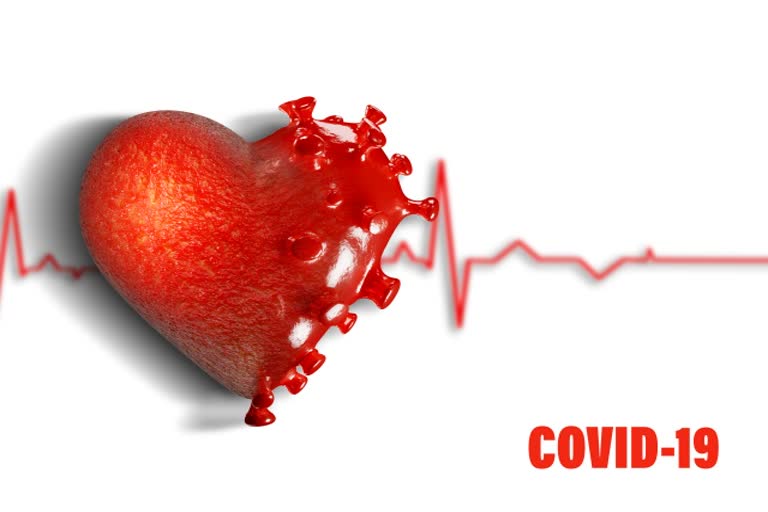COVID 19 presents a peculiar situation where the patient is away from his family and has a lot of questions in his or her mind. The anxiety of the disease and its outcome is further confounded when the patient is told that he has developed some heart problem.
Most people have the impression that the coronavirus affects only lungs or respiratory systems, however, it affects other organs of the body due to the receptors. The receptor is a site where the virus attaches itself to the body cells. The coronavirus attaches itself to ACE 2 receptors. These receptors are present in other organs of the body and one such organ is the heart. These receptors are abundant in the heart and therefore the COVID infection can affect your heart.
Simply put, COVID 19 can affect. It can affect the pumping function of the heart, the covering of the heart or it can affect the pipeline through which the heart receives blood. When the muscles are affected, the pumping function of the heart goes down and as we already know the most important function of the heart is to pump blood to the whole body and if your pump is weak then the most common symptom is Breathlessness. This can later result in what we call LVF or heart failure.
How do these heart muscles get affected?
There are two theories behind this:
1.The virus directly attacks the heart muscles and destroys them, which we call myocarditis. Sometimes we see that the muscles are intact and the body mounts an immune response.
2.The immune cells, when they come to the heart looking for coronavirus cells and start attacking the muscles in which the coronavirus cells lie hidden. But since all this takes place in the heart, the heart muscles become weak.
The other way the virus can affect your heart is by affecting the lining of the heart which is called pericarditis. Of importance is that sometimes there might be some fluid collection in between the layers of the heart lining we call pericardial effusion.But this is not a very common presentation.
The third way, the coronavirus can affect our heart is where it can block the flow of blood going to the heart, and when this happens, the patient can present with what we call a heart attack. There have been various reports of these heart attacks previously when not much how the virus was damaging our heart. Now we have enough data to show that the coronavirus induces clotting inside the body and that is why when the patient is admitted and being treated for COVID, we give them different anticlotting substances or anticoagulants which help substantially decrease the incidence of heart attacks.
Also Read:Why One Needs To Be Careful While Recovering From COVID-19
Symptoms:
We understand that there are some specific symptoms and there are other nonspecific symptoms
Specific symptoms:
- Chest pain- commonly called angina which is due to the reduced blood supply to the heart
- Breathlessness-now this can be due to the lung or due to heart and this needs to be differentiated through specific tests.
The non-specific symptoms
- Fatigue or tiredness- This is not a specific symptom of the heart but definitely the patient who has a weak heart can present also with fatigue. Having said that a patient with any viral condition can come down with fatigue. We have also noticed that this fatigue continues to persist even after the patient has recovered from COVID for a long time. This is called Post COVID or Long COVID syndrome. The presence of fatigue does not always mean that the patient is having heart disease.
